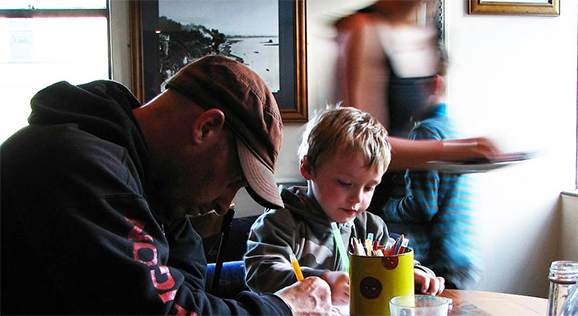

The mission of the WHO International Clinical Trials Registry Platform is to ensure that a complete view of research is accessible to all those involved in health care decision making. This will improve research transparency and will ultimately strengthen the validity and value of the scientific evidence base.
The aim of the site is to improve awareness and make it easier to access accurate, up to date, understandable information relevant to the conduct of clinical trials in children. It will thereby contribute to addressing the Millennium Development Goal of reducing child mortality.

Children are a unique population with distinct developmental and physiological differences from adults. Clinical trials in children are essential to develop age-specific, empirically-verified therapies and interventions to determine and improve the best medical treatment available.
The ICTRP is committed to promoting the conduct of ethical and relevant clinical trials in children by improving access to guidelines, regulations and trial registration data. Specific ethical and clinical considerations must also be taken into account when designing, implementing and evaluating these clinical trials and their findings.
Children are an exceptional population with specific ethical and clinical concerns. Clinical research is of paramount importance in developing safe medications, paediatric formulations, clinical interventions and best practice guidelines. The vulnerable nature of this population must be considered when balancing the risks of research with the need for safe and validated therapies. In some countries, children are usually unable to provide legally binding consent to participate in a clinical trial. The ICTRP is committed to promoting the conduct of ethical and relevant clinical trials in children by improving access to guidelines, regulations and registered trial information.

Clinical trials in children are very important because they help researchers discover the best way to treat children. Children are not just small adults – their bodies work in very different ways and they often undergo many changes as they grow from infancy towards adolescence and adulthood. Because their bodies work differently, it’s important to create child-specific medicines and treatments instead of just modifying adult doses and therapies.
Clinical trials in children need to pass rigorous ethical evaluations and meet certain standards before being allowed to recruit patients.
Researchers often have specific requirements when enroling particpants. If you are interested in enroling your child in a clinical trial, you should ask your health care provider for more information. She or he may then refer you to the appropriate investigator.
Before your child is enroled in a study, it’s important that you and your child understand the risks and benefits of participating. Because your child is a minor, you may be legally required to give informed consent allowing them to participate. Your child may also need to give their assent after having the trial explained to them in an age-appropriate manner. Both you and your child should have the chance to ask any questions you want before you agree to participate, and also at any time during the study.